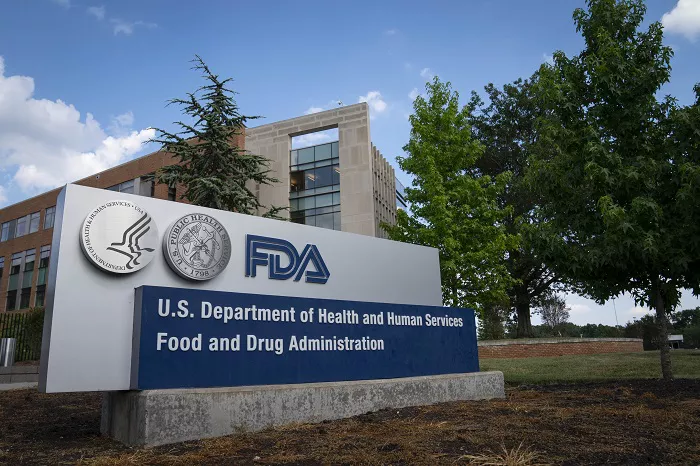WASHINGTON (AP) – Federal health advisers voted overwhelmingly against an experimental treatment for Lou Gehrig’s disease at a meeting Wednesday. The vote came after years of patient efforts to gain access to the unproven therapy.
The panel of experts from the Food and Drug Administration voted 17-1 that the stem cell-based treatment from the drug maker Brainstorm has not been shown to be effective for patients with the fatal, muscle-wasting disease known as ALS, or amyotrophic lateral sclerosis. One panel member abstained.
While the FDA is not bound by the vote, it is largely in line with the agency’s own strongly negative review released earlier this week, in which staff scientists called Brainstorm’s application “scientifically incomplete” and “grossly deficient.”
“Creating false hope can be considered a moral injury, and the use of statistical magic or manipulation to create false hope is problematic,” said Lisa Lee, a bioethics and research integrity expert from Virginia Tech, who voted against the treatment. The only positive vote came from a panel member representing patients.
Wednesday’s public meeting was essentially a long-shot attempt by Brainstorm and the ALS community to sway the FDA’s thinking on the treatment, called NurOwn.
Brainstorm’s single 200-patient study failed to show that NurOwn prolonged life, slowed the disease or improved patients’ mobility. But the FDA agreed to convene the panel of outside advisers after ALS patients and advocates submitted a 30,000-signature petition calling for a public meeting.
After a nearly 20-year drought of new options, the FDA approved two new drugs for ALS last year. Intense lobbying by advocacy groups led to the approvals.
FDA leaders have recently emphasized a new level of “regulatory flexibility” in reviewing experimental treatments for deadly, difficult-to-treat diseases, including ALS, Alzheimer’s and muscular dystrophy.

































